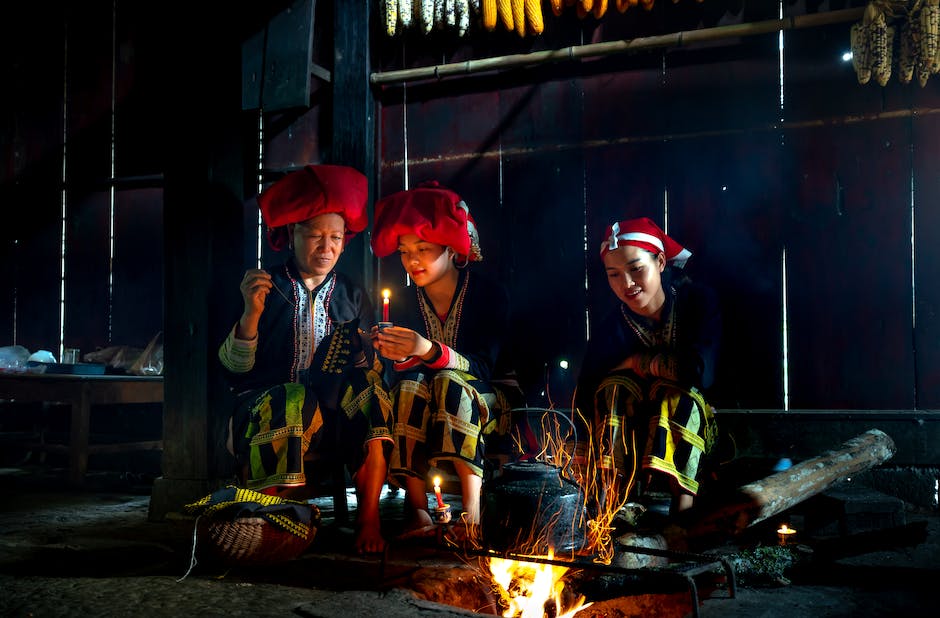Welcome to our blog post on Decentralized Autonomous Organizations (DAOs), the revolutionary concept that is changing the way we think about collaboration and innovation. DAOs are organizations that operate through smart contracts and blockchain technology, eliminating the need for central authority and allowing stakeholders to participate directly in decision-making. With DAOs, the power is redistributed, making them highly transparent, efficient, and democratic. How do DAOs work? What are their benefits and challenges? Let’s find out in detail in the article below. I’ll tell you exactly!
What are Decentralized Autonomous Organizations (DAOs)?
Decentralized Autonomous Organizations (DAOs) are organizations that operate through smart contracts and blockchain technology. Unlike traditional organizations, DAOs do not have a central authority that makes all the decisions. Instead, stakeholders participate directly in the decision-making process and have a say in how the organization operates.
DAOs are built on blockchain technology, which ensures transparency and immutability. Smart contracts, which are self-executing contracts with the terms of the agreement directly written into code, govern the operations of DAOs. These smart contracts automatically execute transactions based on predefined rules and conditions set by the stakeholders.
DAOs can be used for a variety of purposes, such as governance, crowdfunding, investment management, and more. They are often built on public blockchains like Ethereum, but can also be built on private or consortium blockchains.
How Do DAOs Work?
DAOs operate through a decentralized network of stakeholders who hold governance tokens. These tokens represent the stake an individual holds in the organization and determine their voting power and ability to participate in decision-making.
Stakeholders can propose changes or initiatives to the organization by submitting a proposal through the DAO’s platform. The proposal is then voted on by the stakeholders, with each vote weighted according to the number of tokens owned.
If the proposal is approved, the smart contract automatically executes the necessary actions to implement the change. For example, in a funding proposal, the smart contract may release funds to a specific address or execute an investment based on the approved proposal.
The Benefits of DAOs
DAOs offer several significant benefits over traditional centralized organizations:
- Transparency: DAOs operate on open and transparent blockchains, allowing anyone to view the organization’s activities and transactions. This transparency builds trust among stakeholders and reduces the risk of fraud or corruption.
- Efficiency: By automating decision-making and execution through smart contracts, DAOs eliminate the need for intermediaries, paperwork, and manual processes. This increases efficiency and reduces costs.
- Democratic Governance: DAOs give stakeholders a direct say in the organization’s decisions and operations. This decentralized governance structure promotes equality, inclusivity, and fairness.
- Global Accessibility: DAOs are accessible to anyone with an internet connection, regardless of their geographic location. This opens up opportunities for collaboration and participation on a global scale.
The Challenges of DAOs
While DAOs hold great promise, they also face several challenges that need to be addressed:
- Legal and Regulatory Compliance: DAOs often operate in a legal gray area. The lack of clear regulations and guidelines creates uncertainty and raises questions regarding accountability and liability.
- Security: As DAOs operate on blockchain networks, they face security risks, such as vulnerabilities in smart contracts and potential attacks. Ensuring robust security measures is crucial to protect the organization and its stakeholders.
- Decision-Making Efficiency: As DAOs aim to be more democratic and inclusive, decision-making can become slow and cumbersome. Finding the right balance between inclusivity and efficiency is essential.
- Scalability: Blockchain networks have scalability limitations, and as more stakeholders join a DAO, the network can become congested, leading to slower transactions and higher fees.
Conclusion
Decentralized Autonomous Organizations (DAOs) are transforming the way we think about collaboration and innovation. By leveraging blockchain technology and smart contracts, DAOs eliminate the need for centralized authority and empower stakeholders to participate directly in decision-making.
DAOs offer benefits such as transparency, efficiency, democratic governance, and global accessibility. However, they also face challenges related to legal compliance, security, decision-making efficiency, and scalability.
With the continued growth of blockchain technology and increasing interest in decentralized systems, DAOs are likely to play a significant role in shaping the future of organizations and how we collaborate and innovate.
Additional Information
1. DAOs are often associated with blockchain-based cryptocurrencies, which are used to incentivize stakeholders and provide economic value within the organization.
2. The concept of DAOs was popularized in 2016 with the creation of “The DAO”, a decentralized crowdfunding platform built on the Ethereum blockchain. However, The DAO faced security vulnerabilities and eventually led to a controversial hard fork in the Ethereum network.
3. DAOs can face challenges related to governance disputes, as stakeholders may have conflicting interests or disagreements on how the organization should operate. This can result in forks or splits within the DAO community.
4. Token holders in DAOs have the potential to earn a return on their investment through mechanisms like profit sharing or token appreciation. This can incentivize participation and attract investors to DAO projects.
5. DAOs have the potential to disrupt traditional organizational structures and industries by decentralizing power and promoting peer-to-peer collaboration. However, their widespread adoption and integration into existing legal and regulatory frameworks will require further development and adaptation.
[Other information related to this article]

